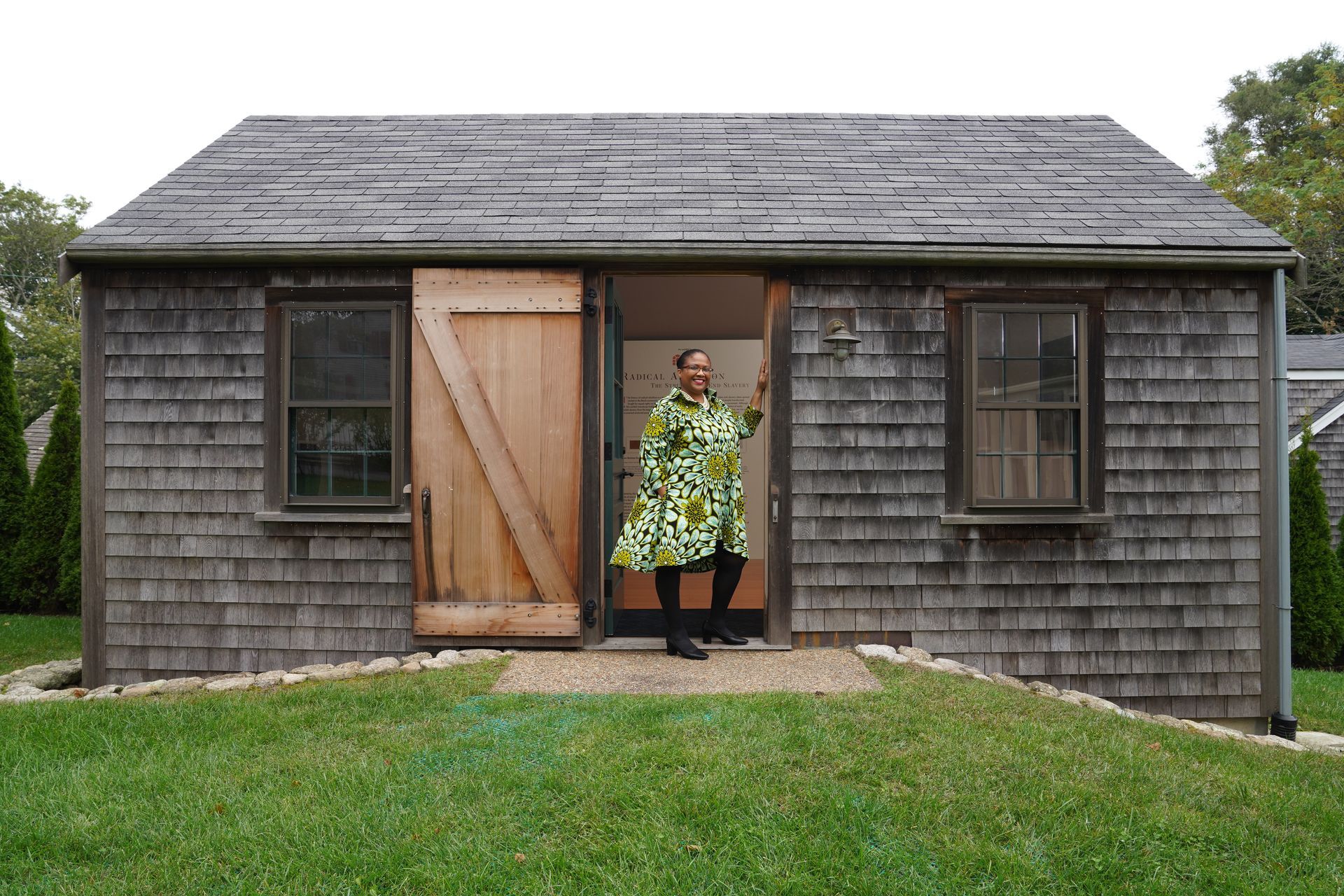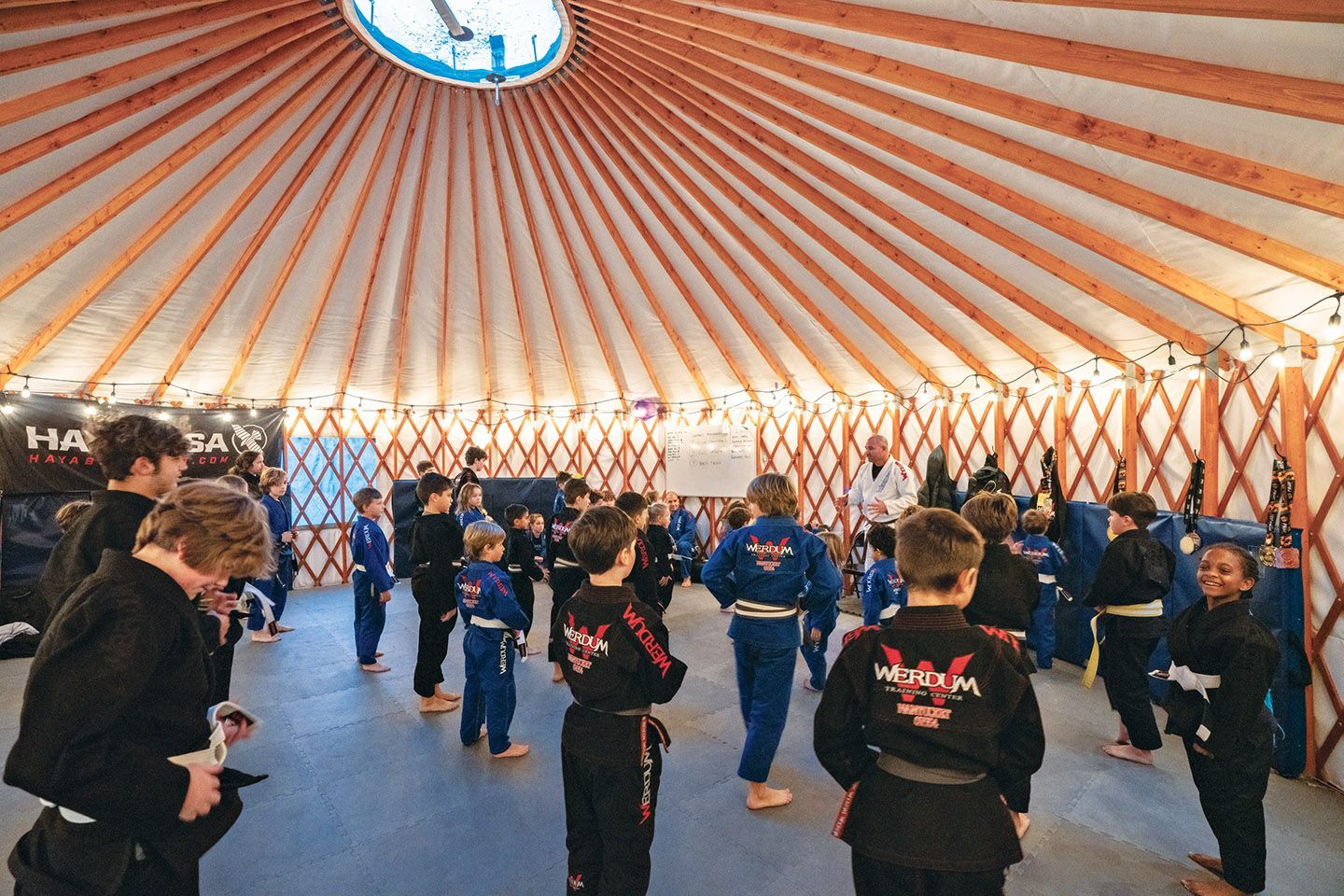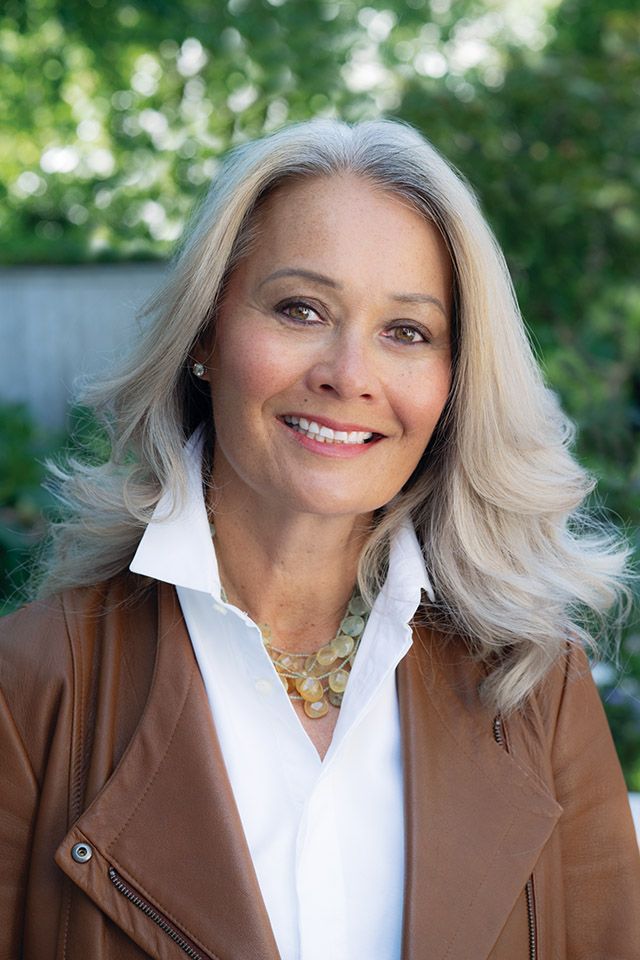ENGAGING WITH HISTORY
The Museum of African American History’s new president plans to amplify stories and spark conversations and collaborations.
The stars of serendipity were twinkling when Dr. Noelle Trent learned about the leadership position at the Museum of African American History (MAAH) in Boston and Nantucket. “The history of Nantucket’s Black community is an important part of our national story,” Trent says. She notes that this centuries-old narrative demonstrates that even in our country’s earliest days, the Black community was multifaceted.
Amplifying this history, as well as the other stories of the Black communities in Boston and Nantucket, was one of Trent’s goals in assuming her new roles as president and CEO of the museum in June 2023. “For me to be on an island that preserved the history and architecture of where Frederick Douglass’ career was launched in 1841 is powerful,” says Trent, who comes to MAAH from the National Civil Rights Museum in Memphis, Tennessee, where she served as the director of interpretation, collections and education for seven and a half years.
"Frederick Douglass is my specialty,” she notes. Her dissertation at Howard University was titled “Frederick Douglass and the Making of American Exceptionalism,” and a chunk of her career has focused on his life and work. Trent imagines Douglass would be pleased to know that MAAH is continuing the dialogue and engagement that he thought would never have evolved. “He would be surprised to see the number of people on Nantucket and the August rush,” she says. “I want to amplify the stories of the thriving Black community that people don’t necessarily associate with Nantucket. We have a Black history that runs as deep as our country’s founding.”
The 42-year-old accomplished public historian arrived on the island with a zest for 19th-century American history and sees a great opportunity to unearth stories to trumpet on regional and national levels. She plans to tell the stories, not just of famous people, but of everyday people and how they lived. She also plans to peel back the pages of history for museum visitors to learn things like what toys children played with and what music people listened to, as well as how they discussed things like the American Revolution, the Fugitive Slave Act and self-emancipation. “I will show up authentically and hope to be a meaningful member of the community,” Trent says.
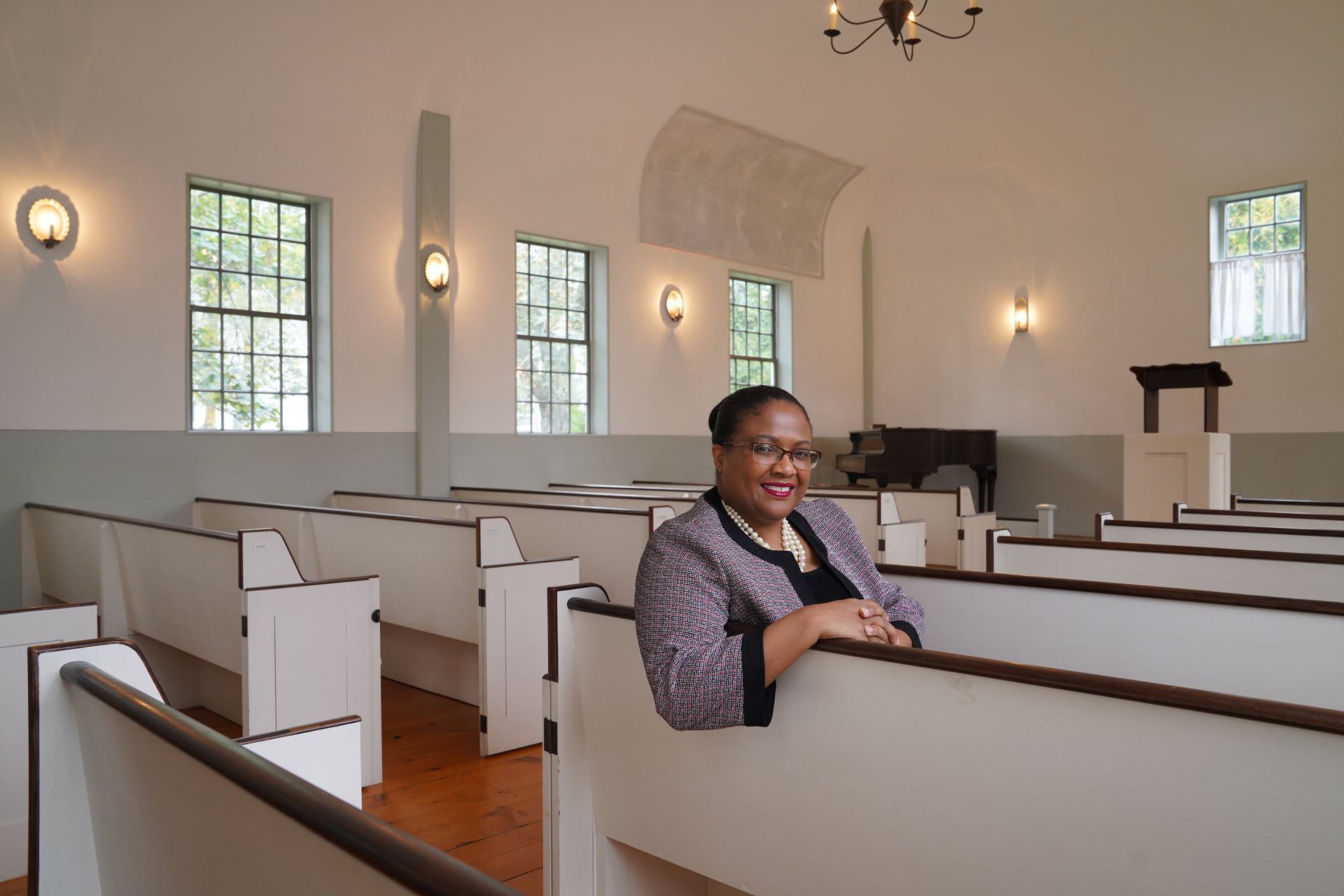
FACTS ABOUT MAAH’S HISTORIC SITES ON NANTUCKET
THE AFRICAN MEETING HOUSE SITS AT A PROMINENT INTERSECTION IN NANTUCKET.
The spot at which the African Meeting House resides marks an important part of the island where there was a large Black community. It would be unusual to have had a Black church in that spot if there weren’t a Black community with Black homeowners living in the surrounding neighborhoods.
Traditionally, the post-and-beam building was a place where people were baptized, married and memorialized. It was a place of engagement, activism and expression. Today, the MAAH hopes to continue its original purpose.
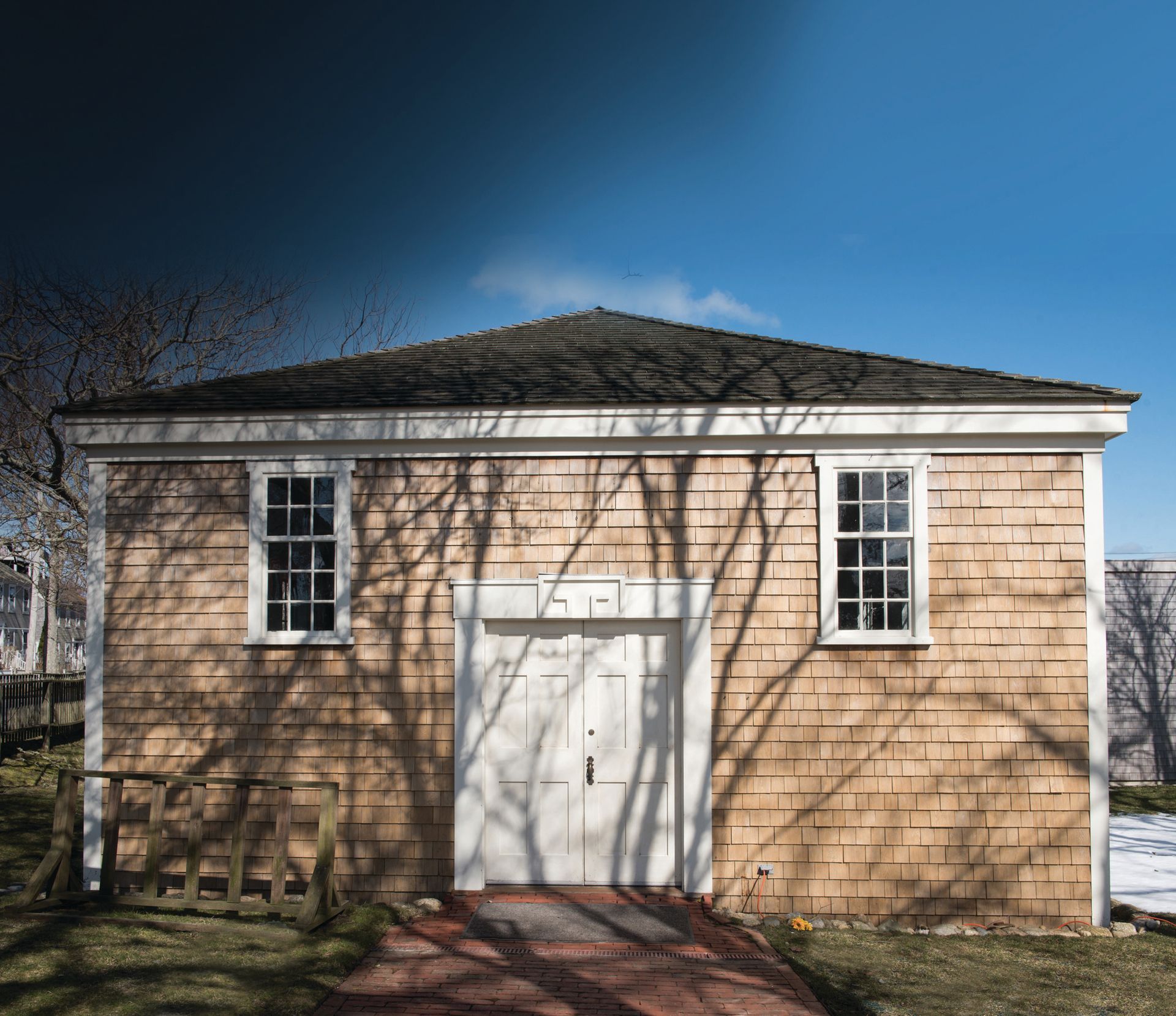
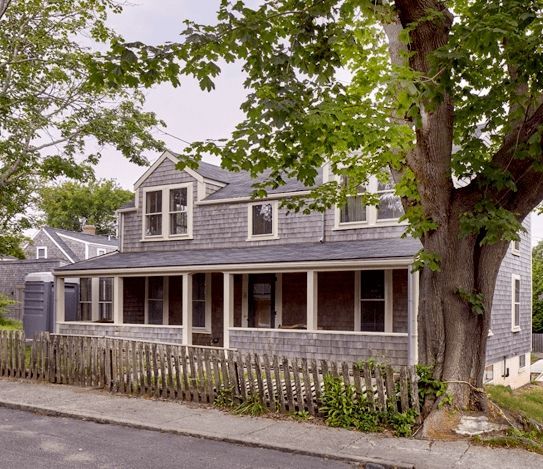
THE SENECA BOSTON-FLORENCE HIGGINBOTHAM HOUSE WAS BUILT BY A BLACK MAN BEFORE THE AMERICAN REVOLUTION.
The Seneca Boston-Florence Higginbotham House was originally built in 1774 by Seneca Boston, a Black man who constructed the two-story home for his family.
According to Sylvia Stevens-Edouard, chair of the MAAH board, establishing closer ties and greater collaboration with the local community and creating new initiatives specific to Nantucket are among MAAH’s top priorities. “Dr. Trent will oversee the development of new programming that highlights the rich history of African Americans on Nantucket,” she says. “Equally important, she will help us engage with Nantucket residents in a deeper way, which includes expanding their involvement with the museum’s board. Dr. Trent’s arrival allows us to redouble our commitment to the Nantucket campus.”
Trent believes that every school student on Nantucket should have a meaningful encounter with one of MAAH’s key historic sites, the African Meeting House, at least once in their K–12 education. “What makes the meeting house different than other museums is that you can occupy the place where history happened, and I think that this will positively impact students’ understanding of American history. It will also facilitate a comprehensive understanding of Nantucket as a multifaceted community even in its earliest days,” she says. She hopes a visit to the African Meeting House will help people reconsider who we are as a country. “You never know how you can inspire people,” she adds.
Trent does see challenges before MAAH can enter a new era. The museum, like many across the country, was greatly impacted by the pandemic. Not all museums were able to survive. “As a small and Black museum, we have realistic challenges to overcome. Our ability to do our work and share stories is dependent on financial support,” she explains. Trent hopes to do several things, including expanding outreach, earning accreditation and becoming a meaningful part of the communities in Nantucket and Boston. “Our success is tied to not only our work but also our ability to collaborate with our wonderful community partners,” she says. She hopes to pair with local partners to engage everyone from children to elders, as a way to remove barriers to make the museum accessible to all audiences.
“People can walk around a building for years and have no idea about the people behind the stories. It’s not just about the building; it’s about people and the community.”
– Dr. Noelle Trent
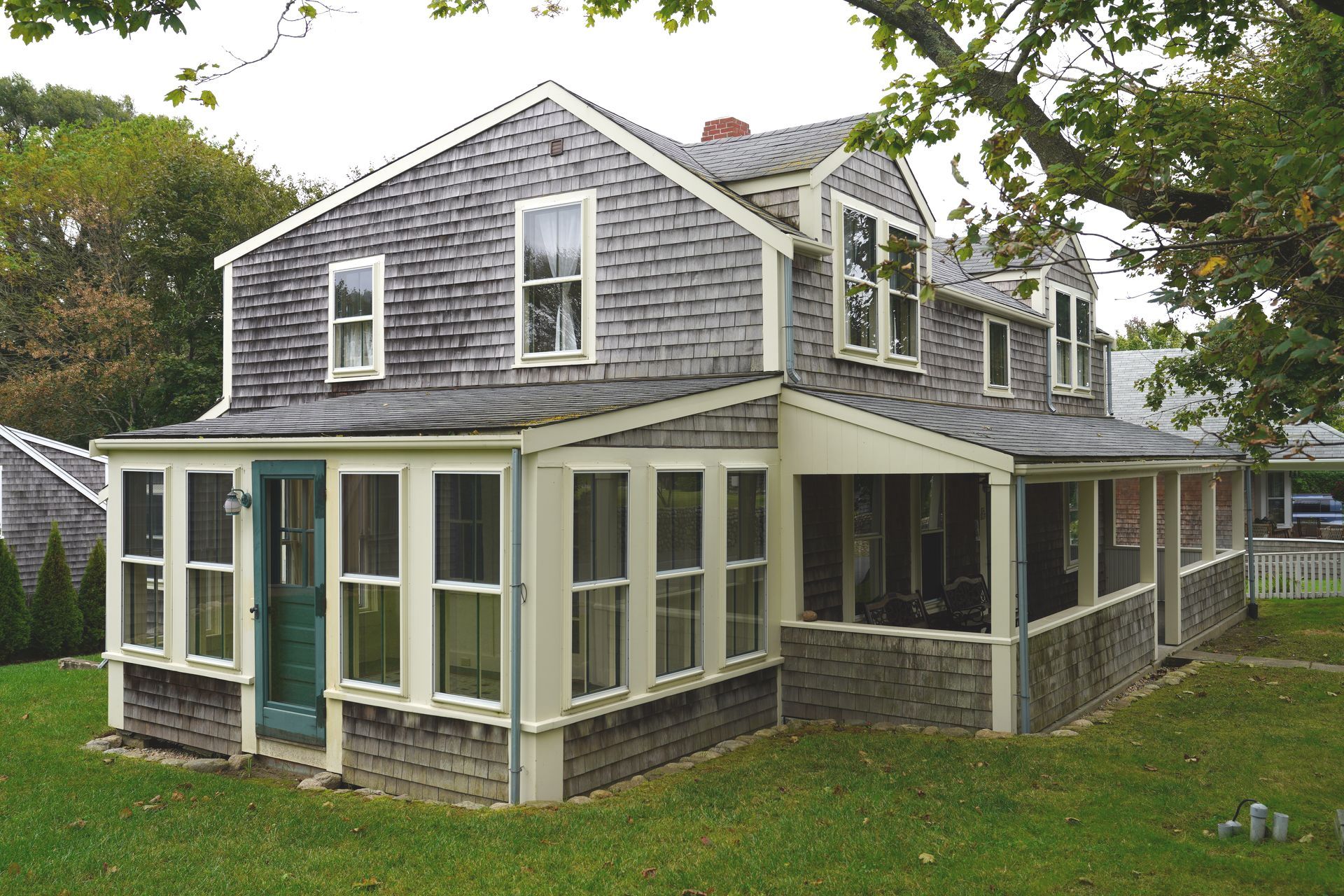
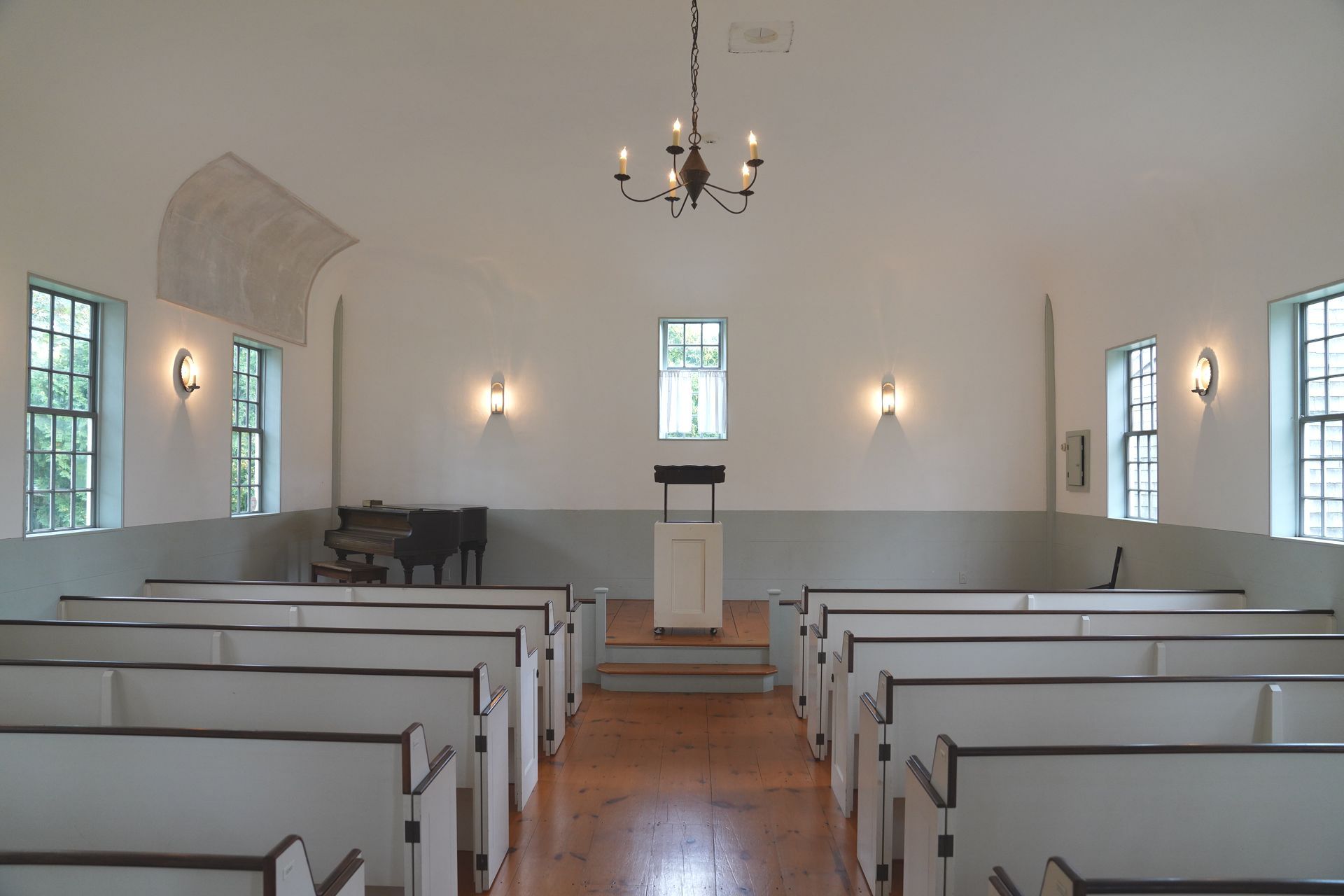

Throughout her storied career, Trent has planned a lot of celebrations that have galvanized communities. At the National Civil Rights Museum, she oversaw major national and international events including MLK50: A Legacy Remembered for the 50th anniversary of Dr. King’s assassination and the Ruby Bridges Reading Festival. Now, with MAAH in the process of planning for the African Meeting House’s bicentennial in 2025, she hopes to do something similar in Nantucket.
“I am excited to be leading the institution and being part of the Nantucket community. I appreciate the hospitality and genuine spirit. It is an honor to continue our work and collaborate,” she says. Trent lives in Boston’s North End close to MAAH’s sister property in Beacon Hill. “I feel lucky to be able to say ‘I can’t meet with you. I have to be in Nantucket for work.’ Nantucket is a unique community and has its own important story to share. I’m honored to share that story and work within the community with our partners to continue to enhance it.”

